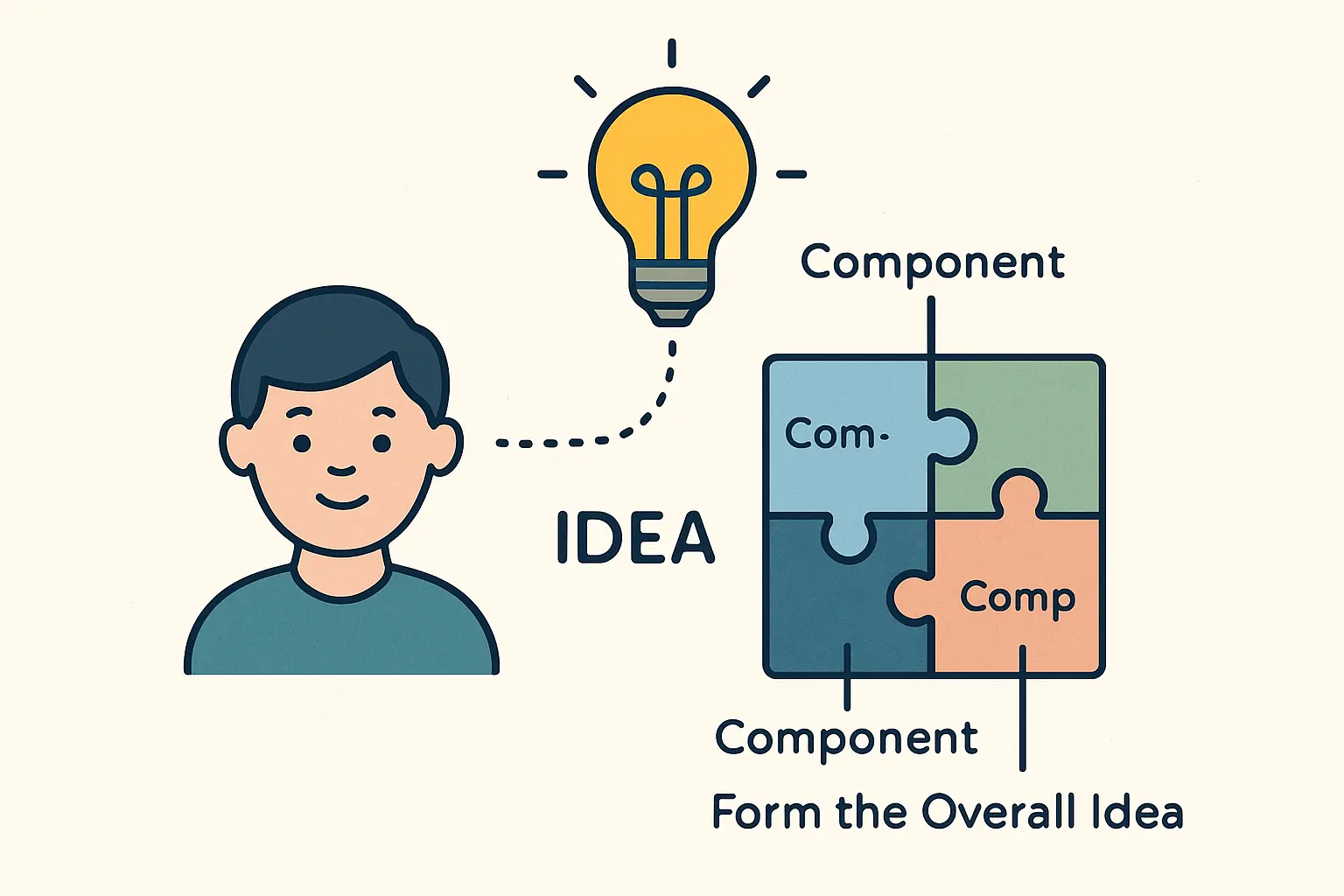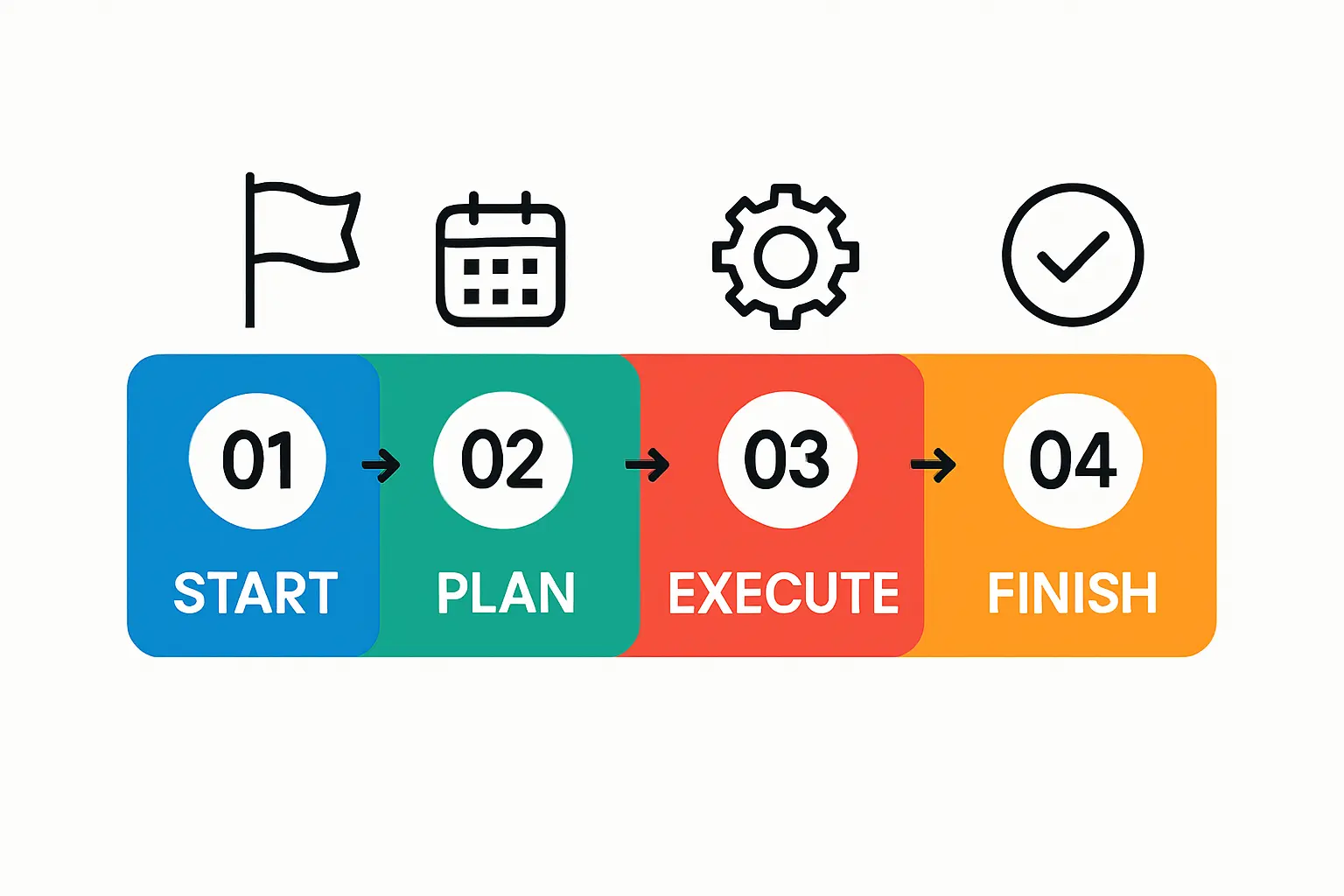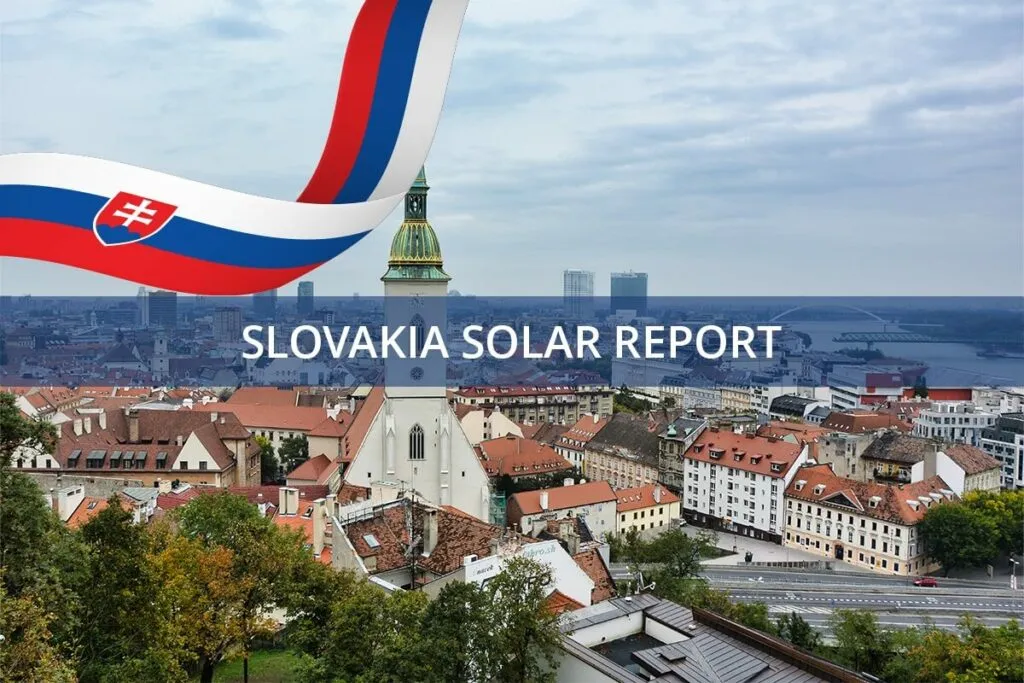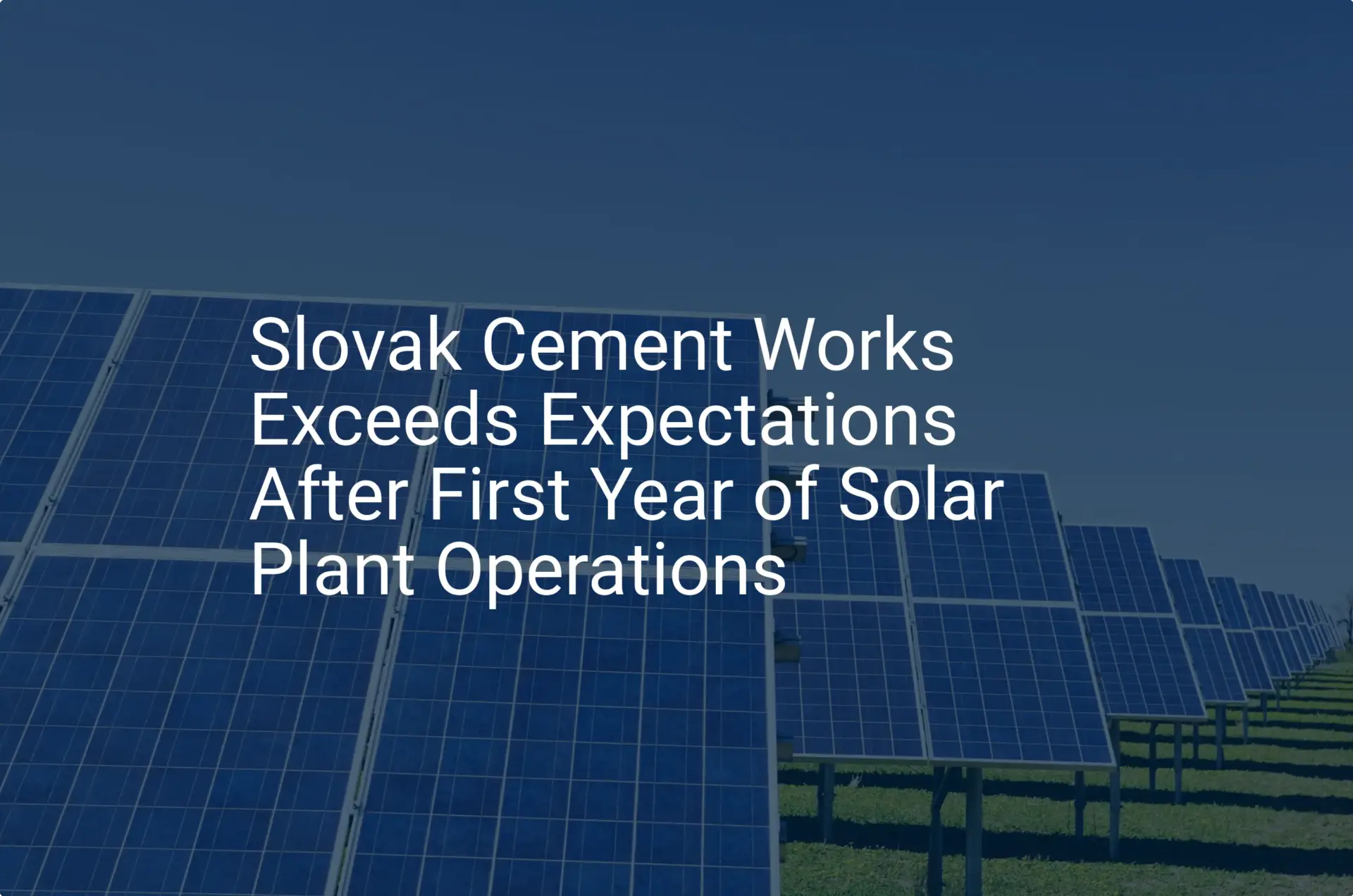When planning a new manufacturing facility, entrepreneurs often focus on production technology, machinery, and initial capital outlay. While these elements are critical, another decisive factor is often overlooked in the early stages: logistics.
A state-of-the-art factory is hamstrung if it cannot deliver products to market efficiently and cost-effectively. For businesses aiming to serve Central and Eastern Europe, the choice of location can determine the operational success of the entire venture.
This article highlights the strategic advantages of one location that has emerged as a logistical powerhouse: Slovakia. Understanding these benefits is essential for anyone considering how to start a solar panel factory with a focus on the European market. We will explore how its unique geography and robust infrastructure create a compelling business case for solar module producers.
The Geographic Advantage: Slovakia at the Heart of Europe
Slovakia’s primary logistical strength lies in its geography. Situated at the crossroads of Central and Eastern Europe, it shares borders with Austria, the Czech Republic, Poland, Hungary, and Ukraine. This central position transforms it from a small country into a strategic distribution hub.
For a manufacturer, this means key European markets are not distant export destinations but close neighbors, accessible within hours. A factory in Slovakia can serve major economic centers like Vienna, Budapest, Prague, and Krakow with remarkable speed.
This proximity minimizes transport distances, which directly translates into lower fuel costs and faster delivery times. It also reduces the carbon footprint of distribution—an increasingly important factor for any business in the renewable energy sector. This central access provides a significant competitive edge, allowing manufacturers to offer more reliable and responsive service to a vast and growing customer base across the region.
A Closer Look at Slovakia’s Infrastructure
A prime location, however, is only as good as the infrastructure that supports it. Slovakia has invested heavily in its transport networks, driven in large part by its role as a major hub for the European automotive industry. This has resulted in a world-class logistics environment that a solar module manufacturer can readily leverage.
Road Network Connectivity
Slovakia’s modern motorway system acts as the backbone of its distribution capabilities. The key arteries include:
-
D1 Motorway: Traverses the country from west to east, connecting Bratislava with major industrial centers like Žilina and Košice.
-
D2 Motorway: Provides a direct north-south corridor, linking the Czech Republic with Hungary via Bratislava.
-
D3 and D4 Motorways: Connect the network to Poland and create a vital ring road around Bratislava, respectively, easing congestion and providing a direct link to Austria.
This integrated network ensures that goods can move swiftly and reliably from a factory to any border, drastically reducing transit times to key markets.
Rail Freight Efficiency
For transporting heavy, bulky goods like solar modules, rail offers a highly efficient and economical alternative to road freight. Slovakia is integrated into several Pan-European Transport Corridors—major rail routes designed to facilitate international trade across the continent. This integration enables the seamless shipment of large quantities of modules directly to distribution centers or large project sites in neighboring countries, avoiding the bottlenecks of road traffic.
Established Industrial Ecosystem
The presence of major automotive manufacturers such as Volkswagen, Peugeot, Kia, and Jaguar Land Rover has cultivated a sophisticated industrial ecosystem. For a new solar enterprise, this offers two significant benefits.
First, a skilled workforce experienced in modern manufacturing and logistics is readily available. Second, a pre-existing network of high-quality logistics providers, industrial parks, and support services is already in place. A new entrant can tap into this ecosystem immediately instead of building it from scratch.

The Business Implications for a Solar Module Manufacturer
Translating these infrastructural features into tangible business benefits reveals why Slovakia is such a compelling option. The choice of where to build is a crucial strategic step, and the operational advantages Slovakia offers are substantial.
Reduced Lead Times and Delivery Costs
The most direct benefit is the ability to serve customers faster and more cheaply. A shipment from a Slovakian factory can reach a construction site in Austria or a distributor in southern Poland in a matter of hours, not days. This responsiveness can be a powerful differentiator in a competitive market. Shorter distances and efficient routes directly lower transportation expenses, improving per-unit costs and boosting overall profitability.
Simplified Cross-Border Trade
As a member of the European Union and the Eurozone, Slovakia offers a stable and predictable business environment. Trade with other EU member states is seamless, with no customs duties or complex cross-border procedures. Using the Euro as its currency also eliminates exchange rate risk and simplifies financial transactions with a majority of its key trading partners—a significant convenience.
Access to a Resilient Supply Chain
Beyond distributing finished goods, a factory also relies on a steady inflow of raw materials and components. The robust logistics network serving the automotive sector also underpins a resilient supply chain for other industries. This reduces the risk of production delays caused by supply chain disruptions and creates opportunities to source certain materials or services locally.

Frequently Asked Questions (FAQ)
Is Slovakia politically and economically stable for long-term investment?
Yes. As a member of the EU, NATO, and the Eurozone, Slovakia offers a stable political and economic framework governed by EU regulations. This provides a high degree of security and predictability for long-term capital investments.
What is the primary language for business, and is English widely spoken?
The official language is Slovak. However, in the business and professional sectors—especially within international companies and major cities like Bratislava and Košice—English is widely spoken and commonly used as the language of business.
How does Slovakia compare to neighboring countries like Poland or the Czech Republic?
While all three countries are excellent manufacturing locations with strong industrial traditions, Slovakia’s key differentiators are its central geographical position relative to Austria, Hungary, Poland, and the Czech Republic, combined with its membership in the Eurozone—a status its neighbors do not share. This combination provides a unique logistical and financial advantage for serving the broader CEE region.
Are there government incentives for establishing a new factory?
Yes, the Slovak government offers various investment incentives, including tax relief, cash grants, and contributions for job creation. These are typically assessed on a case-by-case basis and depend on the size of the investment, the number of jobs created, and the region where the facility is located.

Conclusion and Next Steps
Selecting the right location is a strategic decision with long-term consequences for a manufacturer’s efficiency, profitability, and competitiveness. For any entrepreneur looking to serve Central and Eastern Europe, Slovakia presents a compelling case built on geographic centrality, first-class infrastructure, and a stable, pro-business environment.
Making an informed decision requires a detailed analysis of logistics, supply chains, labor markets, and regulatory frameworks. Based on experience from J.v.G. turnkey projects, thorough planning supported by expert guidance is essential to navigate these complexities and ensure a successful launch.






